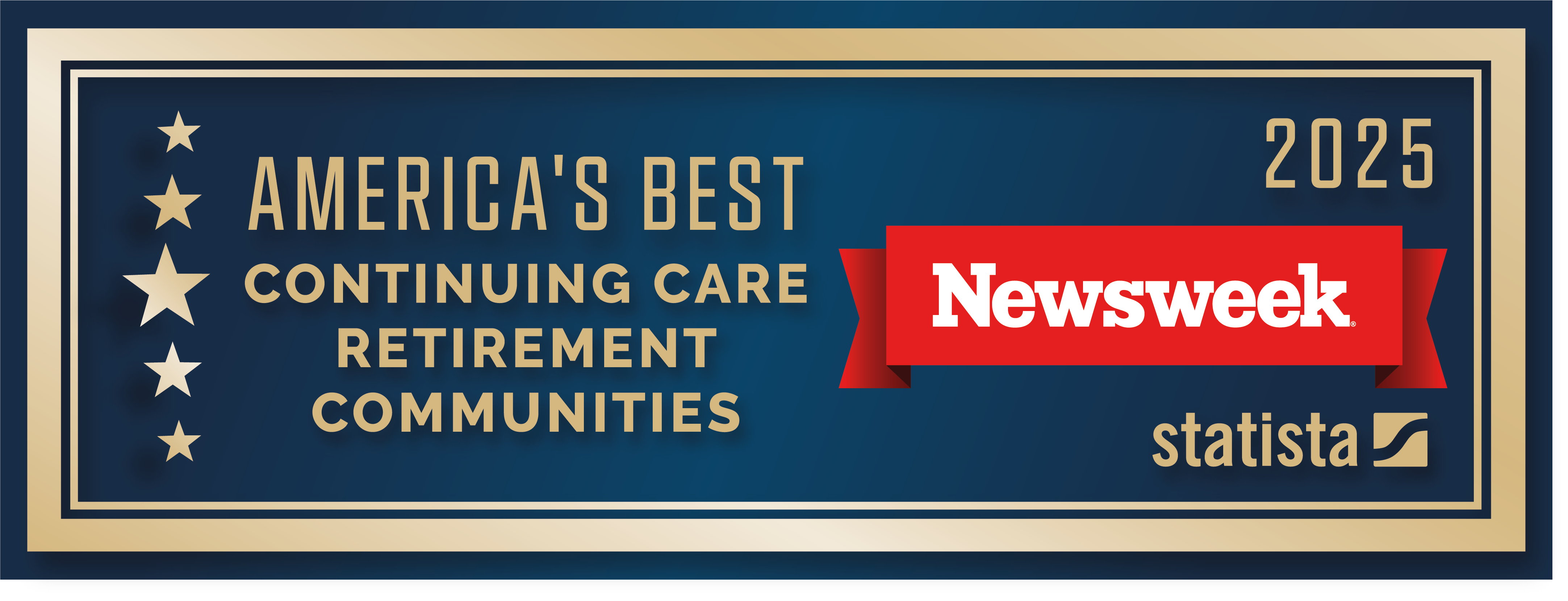Chronic pain is an exhausting affliction ailing millions of adults over 55. As recently as 2016, an estimated 20.4% of U.S. adults had chronic pain. Furthermore, the Centers for Disease Control and Prevention state that nearly 20 million people have pain so severe it interferes with daily life. Physicians are growing increasingly reluctant to prescribe pharmacological solutions due to the opioid epidemic, leaving those in pain with a frustrating situation. Rather than adding yourself to the statistics, practice these 5 helpful suggestions for managing your chronic pain!
Be More Mindful of Your Eating
What you eat can either increase or decrease inflammation in the body, so it is extremely important to understand which foods are good for your body and which ones are making your pain worse. Inflammation is known to magnify pain, especially for those suffering from osteoarthritis. Before digging into your next meal, consider reviewing resources online to educate yourself on the best inflammation-fighting foods. This way, you can love the food you eat both for its taste and pain management benefits!
Stay Active
When suffering from chronic pain, physical activity may seem especially unenticing. However, low-impact physical activity is another solution available for you to explore! Staying active keeps your muscles and joints limber while also making them stronger, which aids in reducing inflammation. Walking, chair yoga, and swimming are all very accessible to older adults in independent living facilities and these are some of the best forms of exercise to manage chronic pain.
Look into Cognitive Behavioral Therapy (CBT)
You may be wondering how a therapist can help you with your chronic pain, but the answer is quite simple. CBT is an incredibly useful tool for improving the lives of people with both physical and mental health conditions, making it applicable in the field of chronic pain as well. As the patient, you work with a therapist to learn and perfect techniques for redirecting the mind when pain is high. Therapists offer a wide array of tools to achieve this, including deep breathing techniques and meditation, to ensure that you are mentally ready for chronic pain.
Stress Management
Feeling stressed out is already bad enough on its own, but it is also proven to increase feelings of pain. Learning how to relax sounds simple enough but is a crucial tool in your pain management efforts. Explore different methods of stress management until you find some that work specifically for you. Guided meditation, music, and progressive muscle relaxation are just a few stress management tools that work well for many people.
Stay Away from Negative Behaviors
It is easy to turn to poor habits when feeling pain, such as smoking or drinking alcohol to cope. However, both of these mechanisms (and more) are likely to simply increase your pain rather than helping cope with it. Furthermore, they can contribute to sleep problems, increase inflammation, and increase the risk for other serious health conditions. When your chronic pain is flaring up, turn towards healthier methods of coping instead of going even deeper into the red.
In order to best manage your chronic pain, your health has to be a priority at your independent living facilities. That’s why we embrace life to the fullest at Westminster Oaks! Our residents enjoy exceptional active senior living and a lifestyle enriched by our exclusive My W Life wellbeing program. We put your health first with wellness classes and other lifelong learning opportunities. Join our community today and see why we make it easy to manage your chronic pain!







